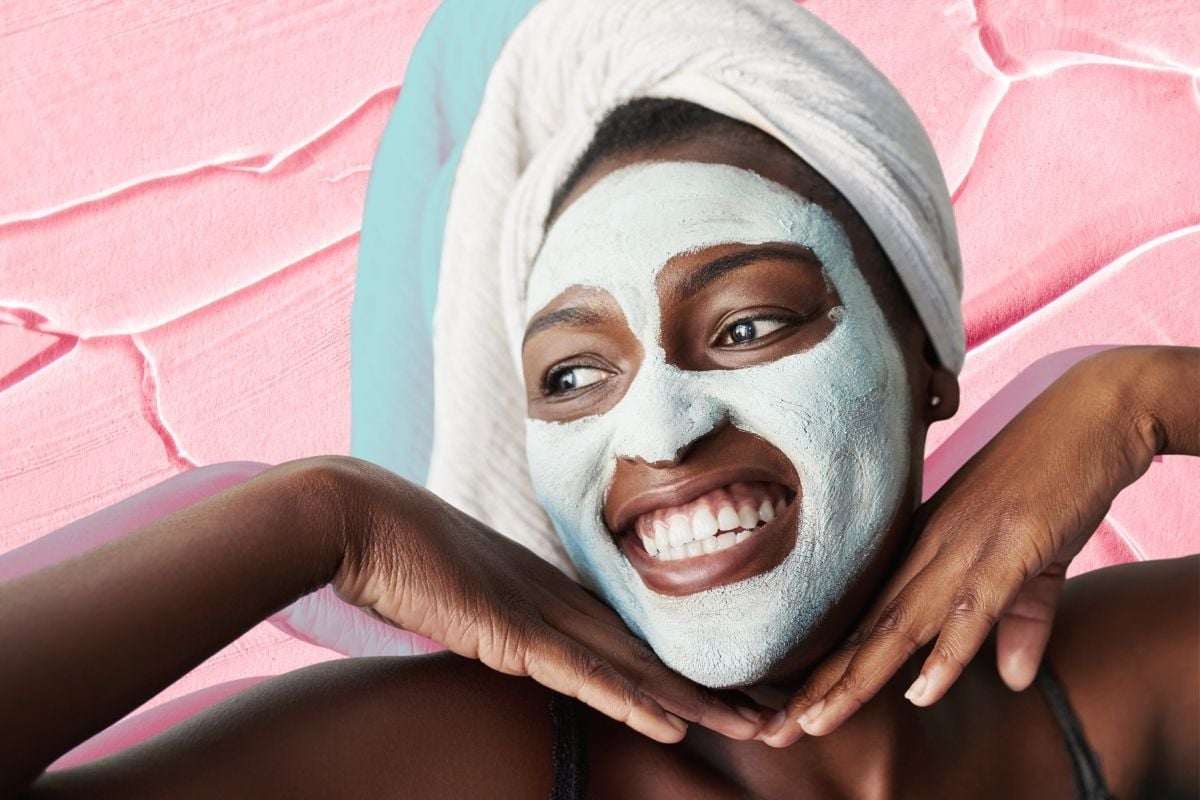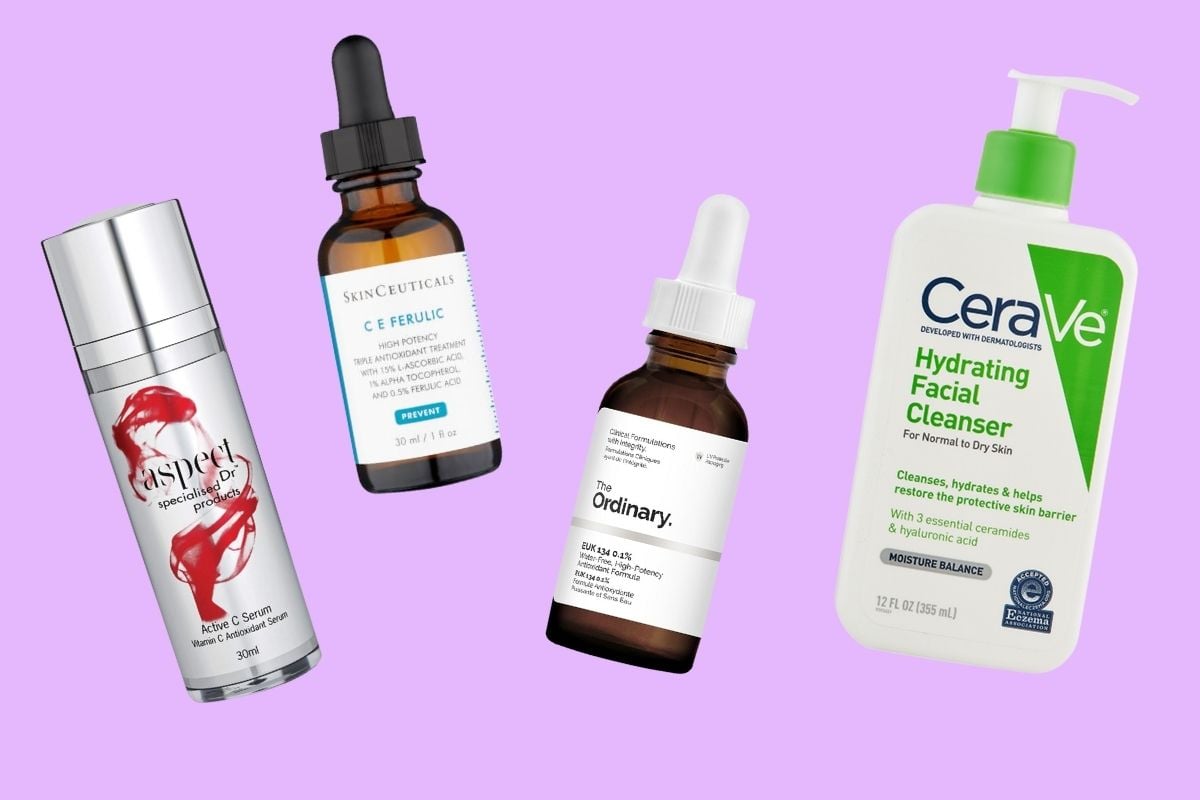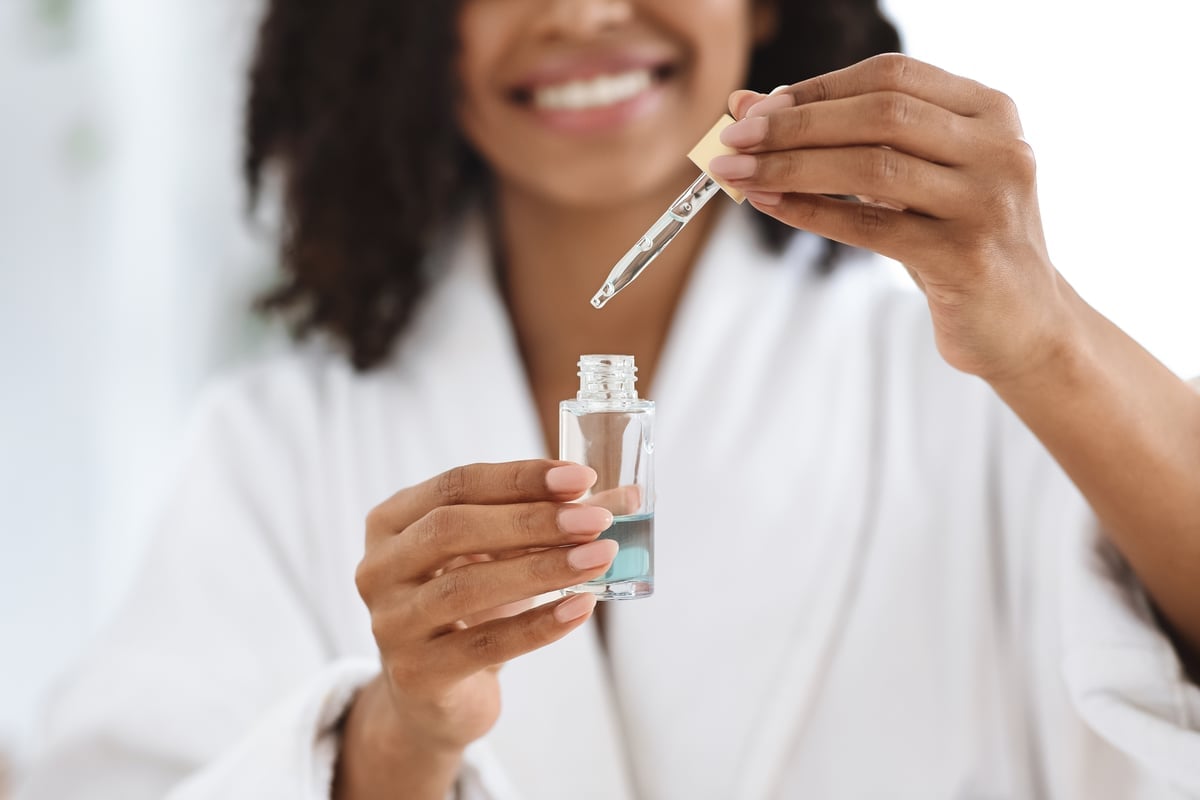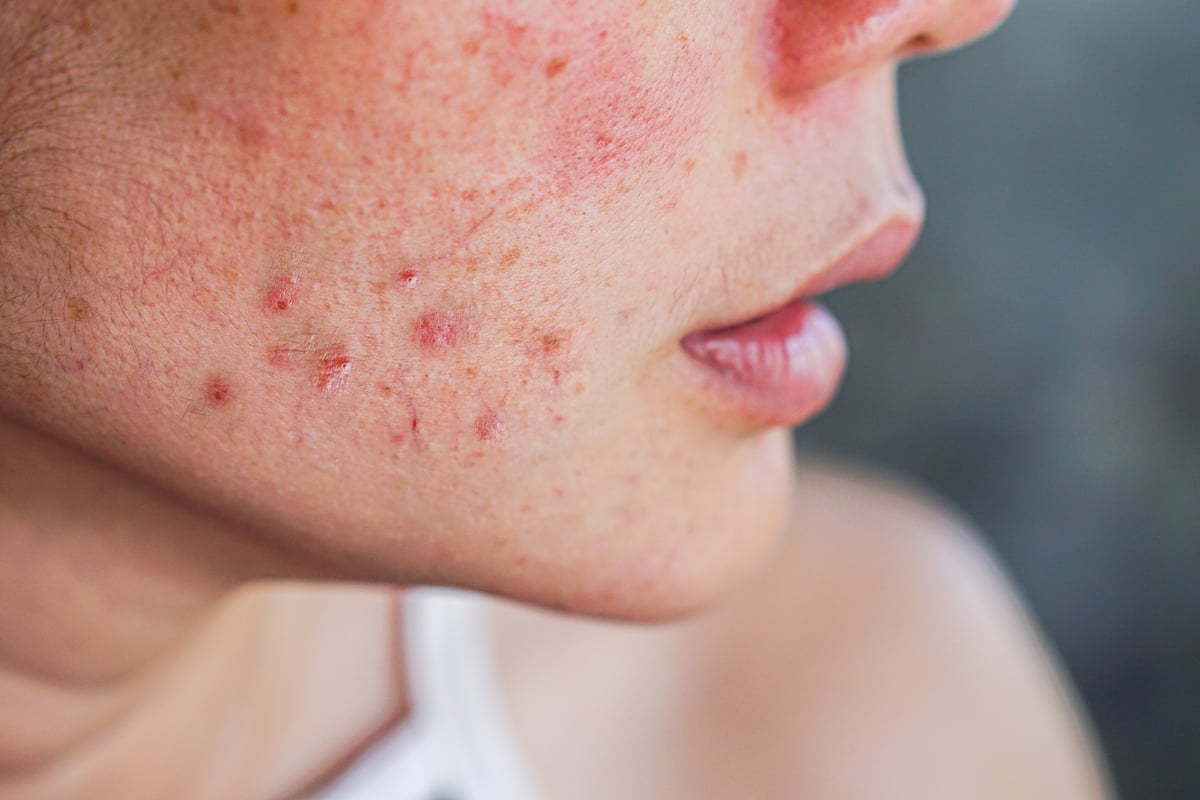
The skincare world can be an absolute circus. It's confusing. Crowded. Noisy. And while you'd love to believe you've finally got your skincare routine down pat (omg, go you), deep down you know you don't have a clue if you're doing this thing right (OH).
Like, what exactly are AHAs? Is it bad to mix acids with retinol? What about the oils? Where do they go in your routine? CAN SOMEONE PLEASE TELL US ABOUT THE OILS.
Watch: Here's how to protect your skin from the sun the correct way. Post continues below.
With new products, ingredients and trends popping up every other day, it's no wonder things are confusing. And that's why most people turn to Google to help figure things out.
But is Google always right? Probs not.
Listen: Pat, rub or dab? How to actually apply your skincare. Post continues below.
That's why we've brought in an expert. We've asked skin expert Dr Imaan Joshi from Skin Essentials to smooth out some of your most common skincare questions.



Top Comments